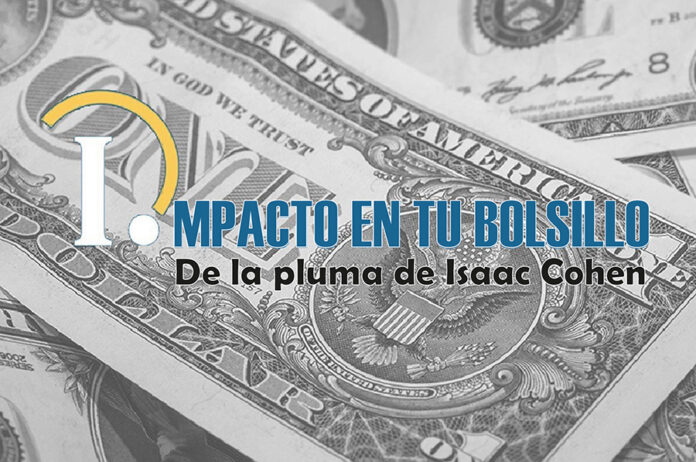The announcement last week of a recess in tariff increases and the promise to negotiate with all parties, including with China, led to a spectacular increase in the stock market, indicating some of the worst fears caused by the announcement of “reciprocal tariffs” had temporarily dissipated. Moreover, President Donald Trump recognized that the decision to pause was because watching the bond market showed him that investors were getting “a little queasy.”
Perhaps a conclusion may be drawn from last week’s succession of events, they revealed that the markets provide a limit, particularly when what is at stake is the international function of the US economy, as provider of trustworthy investment instruments and a reliable reserve currency. It remains to be seen whether the next 90 days of recess will lead to mutual benefits through negotiations.
However, just as the good news were being processed, a statement by President Donald Trump kindled new levels of anxiety concerning the independence of the central bank. First, President Trump has not abstained from expressing his opinion that he supports lower interest rates. For his part, central bank chairman Jerome Powell, a day after the proclamation of the reciprocal tariffs on “Liberation Day,” said the economic effects of the projected tariffs would lead to “higher inflation and slower growth.” The response from President Trump last Thursday, was preceded by an early morning message saying, “Powell’s termination cannot come fast enough!” Later in the day, President Trump told reporters in the Oval Office, “If I want him out, he’ll be out of there real fast, believe me.”
Some observers concluded that curtailing the independence of the central bank will cause a financial panic worse than the recently caused by the tariffs.
*International analyst and consultant, former Director ECLAC Washington. Commentator on economic and financial issues for CNN en Español TV and radio, UNIVISION, TELEMUNDO and other media.







